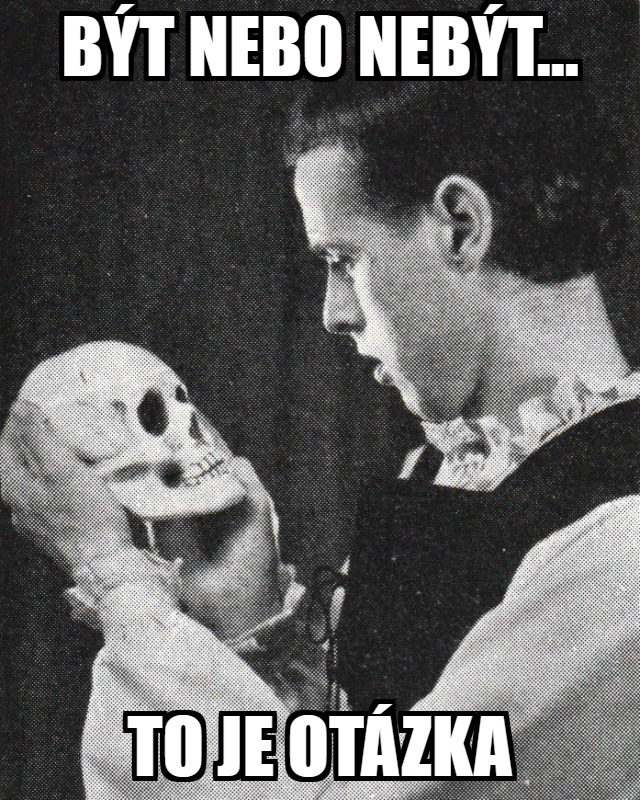1.3 – Conjugation of the verb být 'to be'
The verb být ‘to be’
být
‘to be’
The word být in Czech means 'to be'. The form být is the infinitive of the verb, which basically translates as the 'to _______' form of a verb. Infinitives generally end in the letter -t in Czech. Some other examples of infinitives are dělat 'to do', rozumět 'to understand', pracovat 'to work'. Whenever we learn a new verb, we'll not only learn the infinitive, but also how the verb conjugates.
Conjugation of the verb být ‘to be’
Verb conjugation is a somewhat foreign concept for English speakers, but it basically means changing the form of the verb according to what the subject of the verb is. For example, in English we say I am, you are, he is. These are all forms of the verb to be in English. The forms of the Czech verb být ‘to be’ are given in the chart below:
|
(já) |
jsem ‘I am’ |
(my) |
jsme ‘we are’ |
|
(ty) |
jsi ‘you are’ |
(vy) |
jste ‘you all are’ |
|
(on/ona/ono) |
je ‘he/she/it is’ |
(oni/ony) |
jsou ‘they are’ |
Take a look at the following examples:
Pavel je učitel.
‘Pavel is a teacher.’
Já jsem studentka.
‘I am a student (f.).’
Vy jste profesor?
‘Are you a professor?’
Sára a Michaela jsou tady.
‘Sára and Michaela are here.’
Negation of the verb být ‘to be’
In order to negate the verb (i.e. I am not, you are not, etc.), you simply place ne in front of the conjugated forms. These are written as the same word. The one exception to this rule is the negated form of je – není. Negated forms of the verb být ‘to be’ are given in the chart below:
|
(já) |
nejsem ‘I am not’ |
(my) |
nejsme ‘we are not’ |
|
(ty) |
nejsi ‘you are not’ |
(vy) |
nejste ‘you all are not’ |
|
(on/ona/ono) |
není ‘he/she/it is not’ |
(oni/ony) |
nejsou ‘they are not’ |
Take a look at the following examples:
Nejsem studentka.
‘I am not a student.’
Martin tady není.
‘Martin isn’t here.’
Nejsme studenti.
‘We are not students.’
Sára a Michaela tady nejsou.
‘Sára and Michaela aren’t here.’
